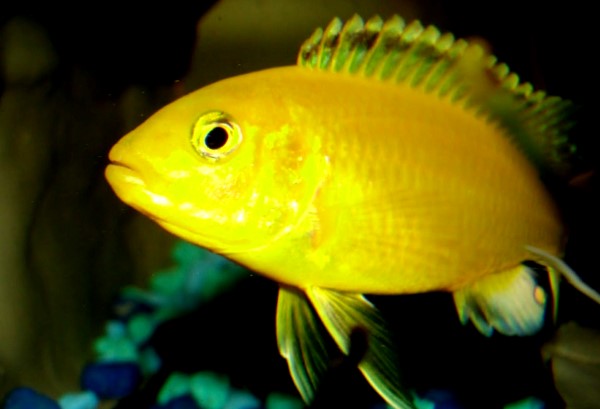Aureolin 🎨 RGB Color Code: #FDEE00
The hexadecimal RGB code of Aureolin color is #FDEE00. This code is composed of a hexadecimal FD red (253/256), a EE green (238/256) and a 00 blue component (0/256). The decimal RGB color code is rgb(253,238,0). Closest WebSafe color: Electric yellow (#FFFF00)
GSearch on Google
RGB
HSV
CMYK
Quick use
Click and Copy the codes below for quick use.
Shades & Tints
Complementary Color
Aureolin on Wikipedia
Aureolin (sometimes called cobalt yellow) is a pigment sparingly used in oil and watercolor painting. Its color index name is PY40 (40th entry on list
Wolfgang Fischer in Breslau, and it is used as a yellow pigment called Aureolin. Sodium hexanitritocobaltate(III) Lide, David R. (1998). Handbook of Chemistry
ultramarine blue, cobalt blue, viridian, cobalt violet, cadmium yellow, aureolin (potassium cobaltinitrite), zinc white, and a wide range of carmine and
Amber Apricot Arylide yellow Aureolin Beige Buff Canary Champagne Chartreuse Chrome yellow Citron Citrine Cosmic latte Cream Dark goldenrod
ISCC-NBS Atomic tangerine #FF9966 100% 60% 40% 20° 100% 70% 60% 100% Crayola Aureolin #FDEE00 99% 93% 0% 56° 100% 50% 100% 99% X11/Web Azure #007FFF 0% 50% 100%
lime Artichoke green Arylide yellow Ash gray Asparagus Atomic tangerine Aureolin Aztec gold Azure Azure (X11/web color) Baby blue Baby blue eyes Baby pink
(viridian) Cobalt pigments: cobalt violet, cobalt blue, cerulean blue, aureolin (cobalt yellow) Copper pigments: azurite, Han purple, Han blue, Egyptian
chemist. He first synthesized the Potassium cobaltinitritelater used as Aureolin pigment. Blumesberger, Susanne; Doppelhofer, Michael; Mauthe, Gabriele
Amber Apricot Arylide yellow Aureolin Beige Buff Canary Champagne Chartreuse Chrome yellow Citron Citrine Cosmic latte Cream Dark goldenrod
cobaltinitrite, K3[Co(NO2)6], which is used as artist's pigment under the name of Aureolin or Cobalt Yellow. The stable isotopes of potassium can be laser cooled

Use the palette to pick a color or the sliders to set the RGB, HSV, CMYK components. Search for a color by its name in the list containing more than 2000 names.
There are many ways to mix/generate a color. Computer screens display the required color mixing tiny red, green and blue lights (RGB). Turning off all three components results in a black pixel, while if all components are lit up on full brightness that results a white light.
In print we use cyan, yellow, magenta and black (CMYK) inks because usually we print on a white paper. In this case the lack of the ink will result white paper, and we get a dark shade if more colors are mixed together. We can also define a color by hue, saturation and value (HSV).





